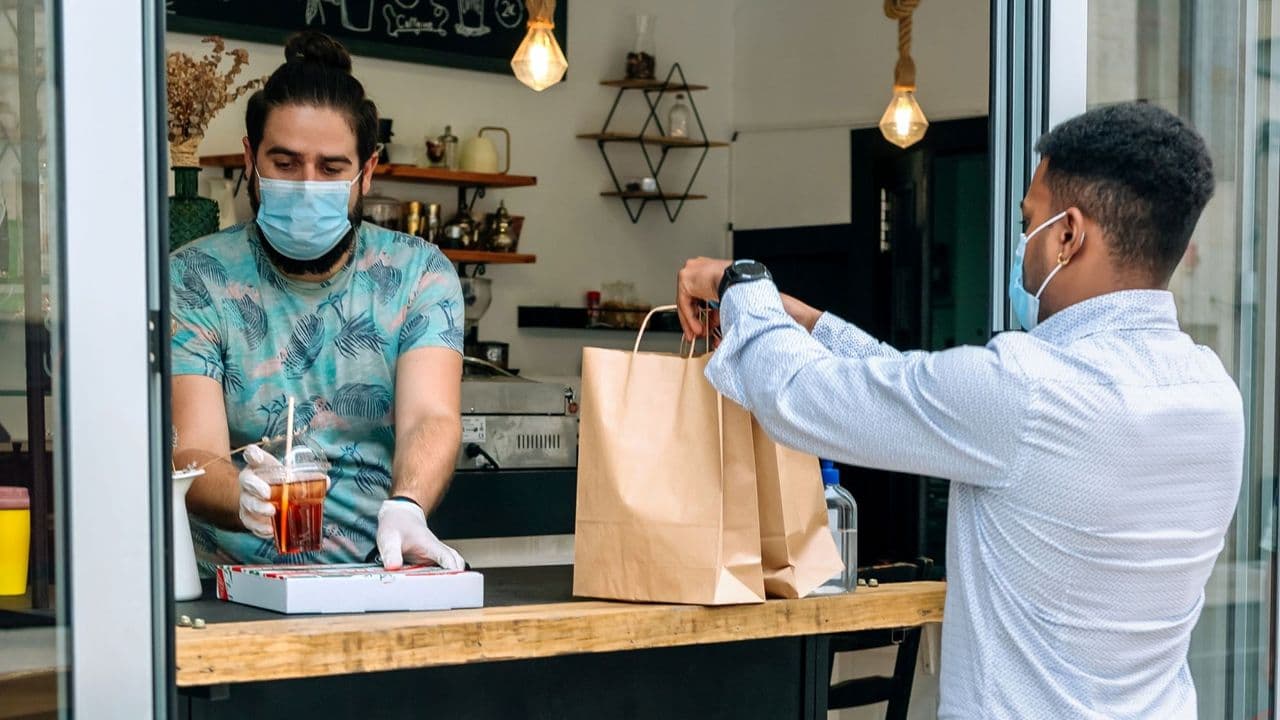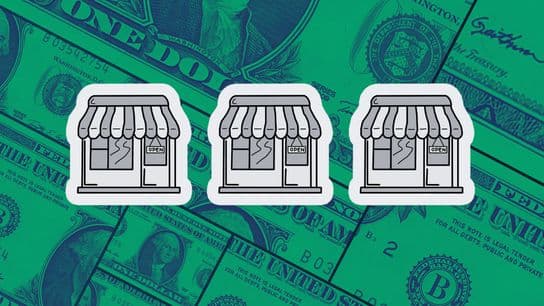Omicron’s Spread Perpetuates Restaurant Labor Shortages, Supply-Chain Issues
While the COVID-19 variant has caused a steep decline in overall restaurant visits in the first half of the year, experts say the industry is better prepared to head-off the biggest challenges.
COVID-19 continues to take a dire toll on the U.S. economy, and the restaurant industry is once again facing a steep decline in traffic and sales. However, experts say that this time around, restaurant brands are better equipped to head-off the worst effects of the crisis.
The Franchise Food Industry Faces Steep Challenges
“The biggest near-term risk is on the supply side as high case counts are likely to exacerbate staffing issues, with increased closures and reduced operating hours,” explained Lyle Margolis, senior director with Fitch Ratings, at a virtual ICR Conference.
The Omicron arrived shortly before Thanksgiving and quickly spread internationally as people traveled for the holidays. By Christmas, the variant had become the dominant variant of COVID-19 in the U.S, with the biggest surge in infections since the start of the pandemic. According to the New York Times, by the second week of January, 7.9 million Americans had been confirmed with COVID-19.
Omicron’s rapid spread accelerated existing labor shortage and supply-chain issues. Placer.ai reported that restaurant visits declined 10.5% the week of December 20, 2021 compared with the same period in 2019 and visits declined 13% from the week before.
How The Franchise Food Industry Is Prepared To Address Omicron’s Challenges
Mel Hope, CFO of First Watch Restaurant Group, noted in Restaurant Business that the company had a wave of workers call out around the first of the year but that things have balanced out since then.
“It seems to be correcting itself, but it raised the stress level for the restaurants,” said Hope, who also pointed out that the CDC’s shorter period of recommended isolation for vaccinated people without symptoms — now five days — has made a difference in getting people back to work.
Additionally, several restaurant chains have pivoted food preparation systems, technology, delivery services and drive-throughs over the past two years to continue driving traffic even amid the pandemic and attendant labor shortages and supply chain issues.
“It’s more of a bump in the road rather than a detour,” said Hope. “The situation is much more manageable. The industry is much better prepared for it today than it was two years ago.”
Related articles:









